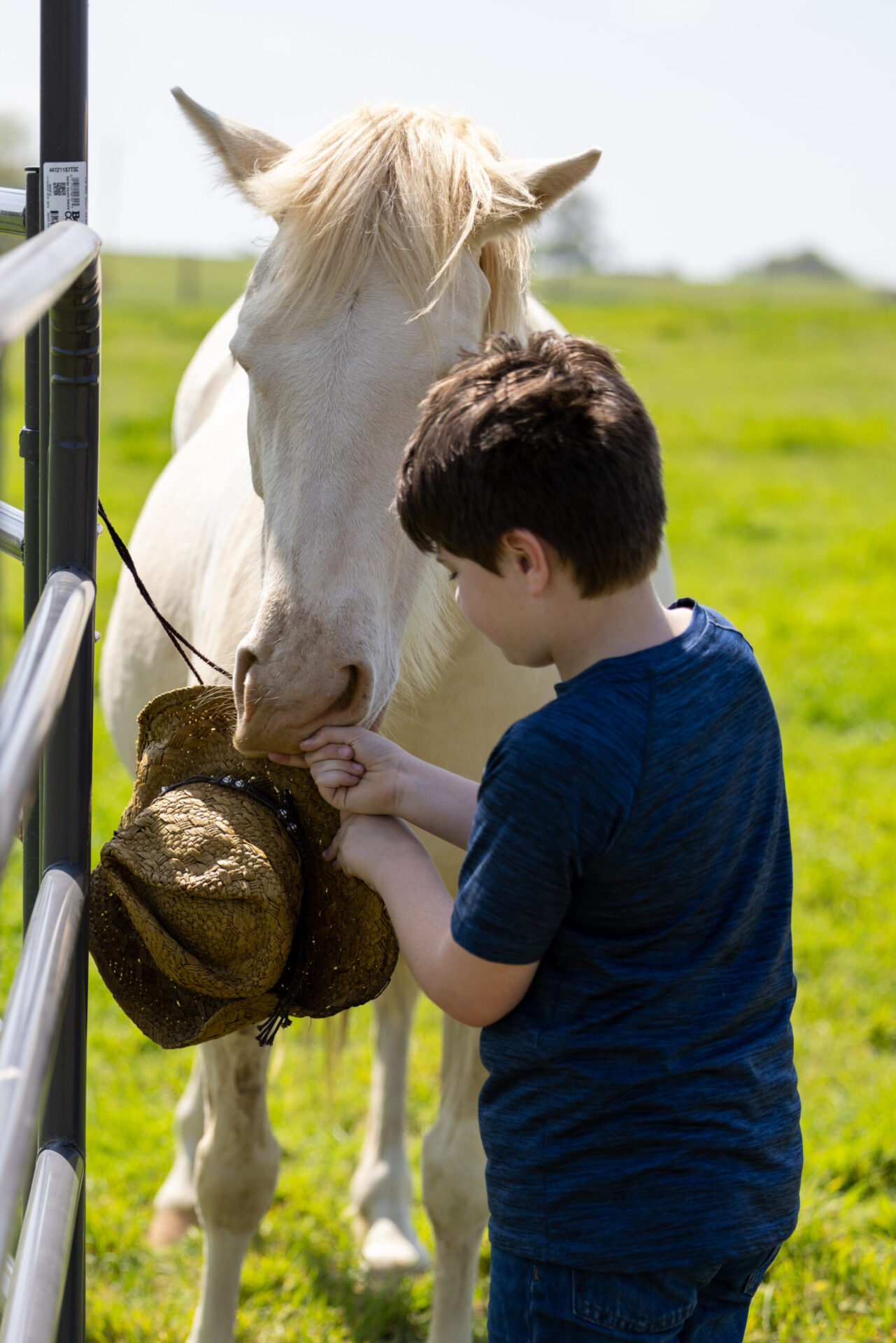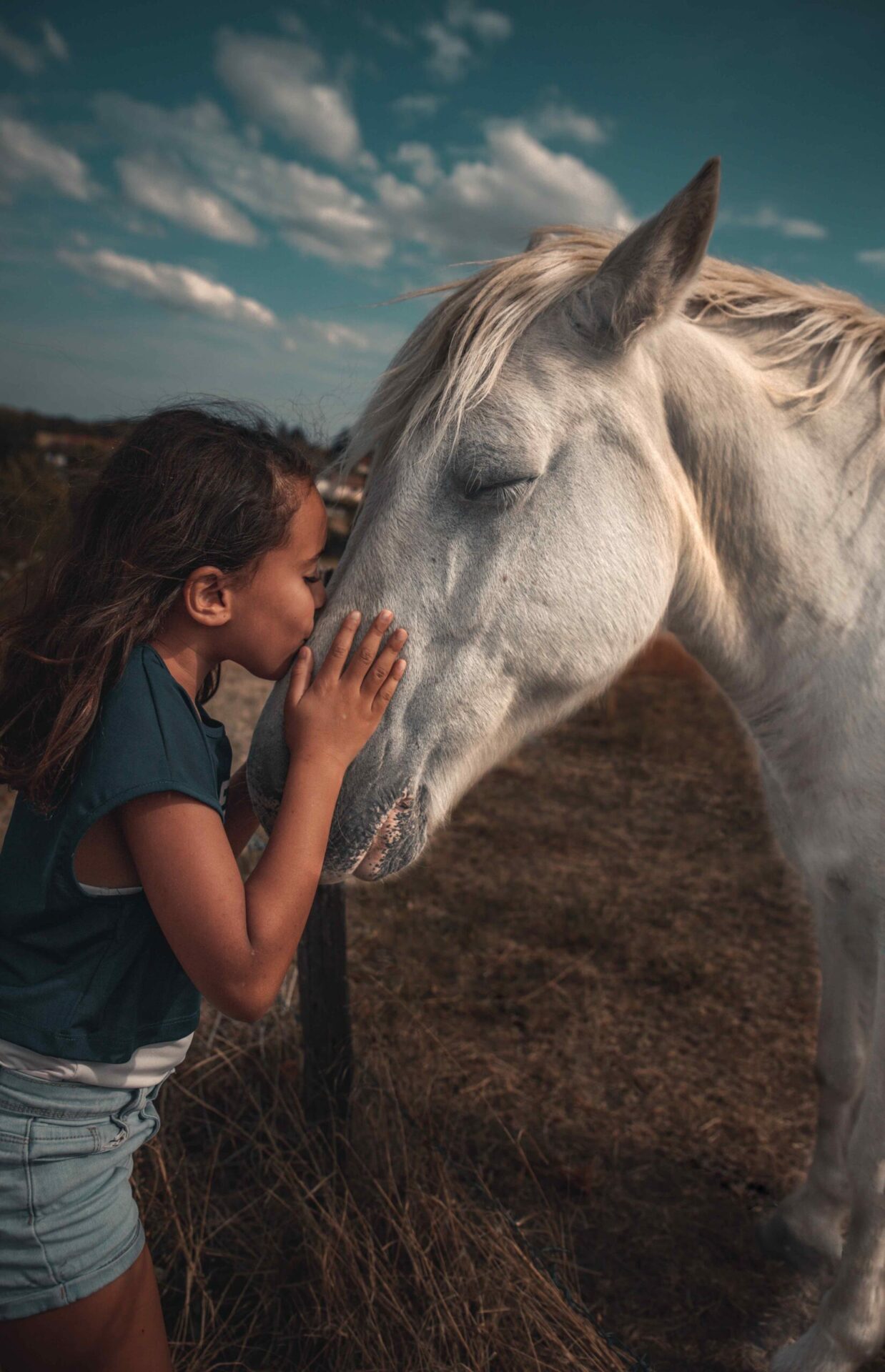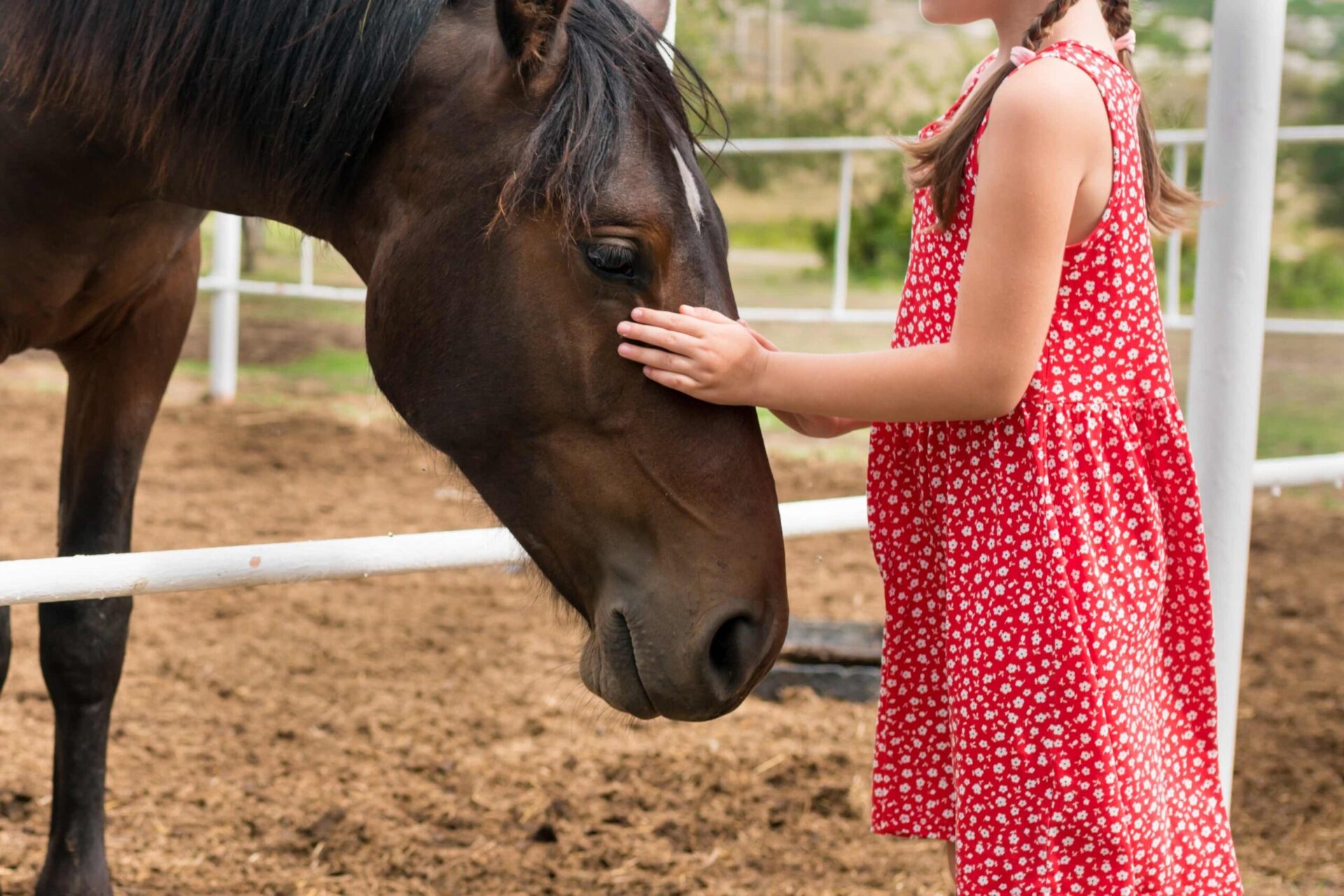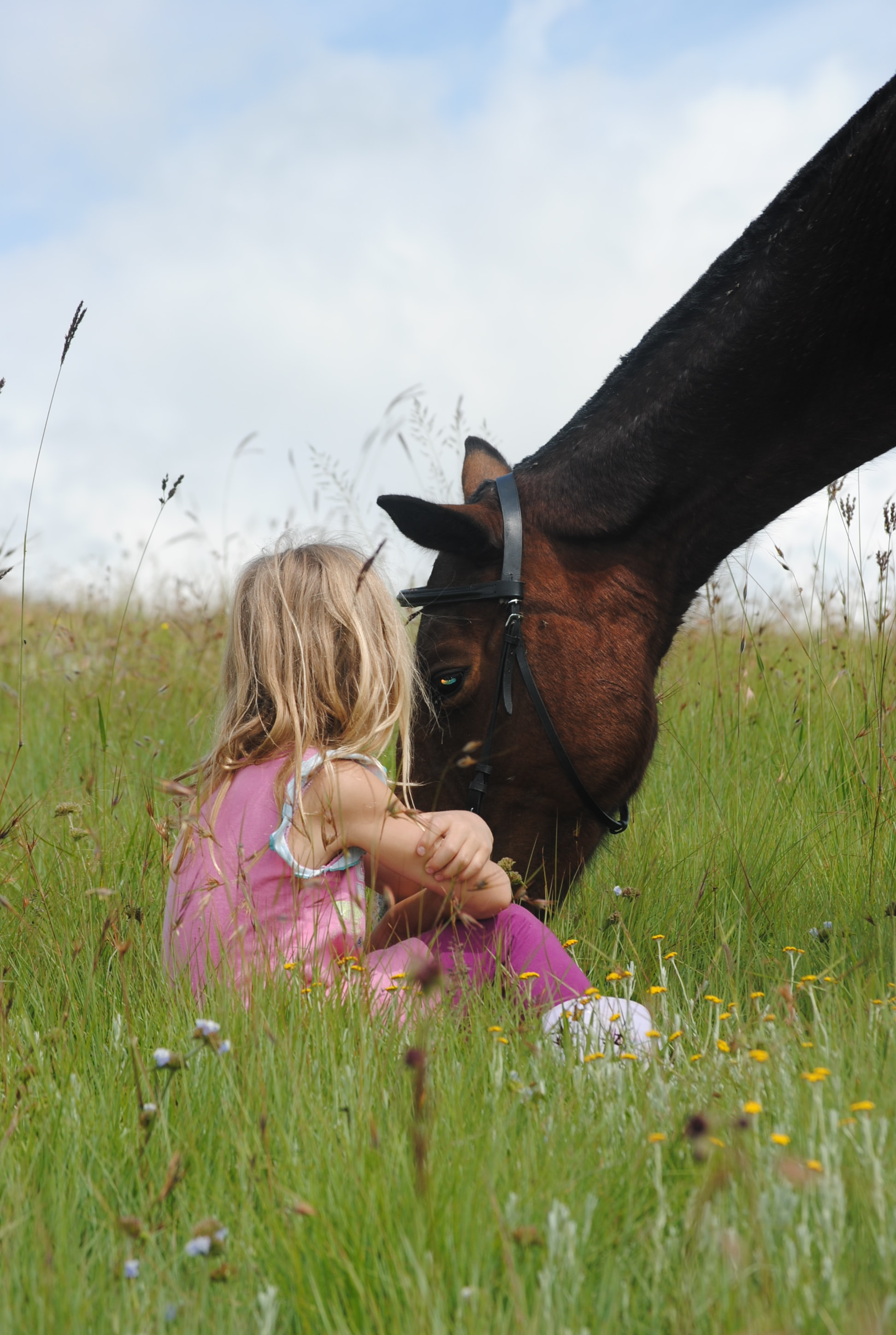NL for Young Children and Parents
Community-based learning, combining video instruction and rich discussions with a cohort of your peers.

NL for Young Children & Parents
The principles of Natural Lifemanship are incredibly useful when working with young children and parents. If you work with this population, join us for a community-based specialty course.
You’ll have access to over 23 hours of video featuring easy and effective methods for incorporating NL principles into your work, provided by a wide variety of instructors. Then we’ll come together as a cohort every few weeks to discuss what we’ve learned and talk about implementation with one another.
This course provides 21 – 27 CEs from NBCC and can be applied toward Advanced NL Certification (see details below).
Details
What: NL for Young Children & Parents
When: Registration is now closed. Click on the button below to be notified when registration opens again.
Where: Online, structured, self-paced course with optional group discussions
Why: Applying NL principles to your work with young children and parents can transform lives and enhance your practice. Join us!

This Training is for You if…

- You work with young children and parents
- You want to provide clients with an effective and powerful approach to treatment
- You know how the horse-human relationship supports healing and want to incorporate it into your practice
- You want the convenience and depth that video training can provide, coupled with the richness of group discussions with your peers
Experience the convenience of online training with the richness of learning in community

Here’s what you can expect:
Video Lessons
15 weeks of instruction and community, including over 21 hours video.
Skill Building & Embodiment
Build critical skills that can be put to work with young children and parents focused on trauma, brain development, attachment, ethics and more.
Community
We learn best in community. You’ll learn from the comfort of your home through video lessons while also going through the course with a cohort of your peers. We’ll meet every few weeks for rich group discussions led by Bettina Shultz-Jobe.
Advanced Certification Eligibility
If you’re working toward Advanced Certification, this course applies as a Specialty Course.
IMPORTANT: If you want to apply this to certification, you need to participate in and/or watch the recording of each discussion, summarize what was discussed, and reflect on your take-away from the discussion and how you will apply the material to your work. There are 6 one-hour Zoom meetings, of which you will be expected to attend at least 4 meetings live. We understand life happens so you may skip up to 2 of the 6 meetings and watch the recordings/write your summaries instead.
Instructions will be provided in the course for those seeking to count the course toward their advanced certification. If all requirements are met, those pursuing advanced certification will earn a total of 27 CE hours. For those who are NOT seeking to apply the course to advanced certification, the meetings are optional and 21 CE hours will be awarded upon completion of the course.
Pricing
Members
- 21 hours of video lessons
- 6 one-hour Zoom meetings led by Bettina Shultz-Jobe
- Community forum for discussion between sessions
- 21 – 27 CE credits available (see details)
- Can be applied toward Advanced Certification (see details)
Non-Members
- Non-members may join this course for $299, but why pay more when you can join as an NL member and get this course at the member rate?
- Learn more about NL Membership and get the member rate on this course and many others!
- NOTE: Only NL Members are eligible for Advanced Certification.
Members
$99
- 23 hours of video lessons
- 6 one-hour Zoom meetings led by Bettina Shultz-Jobe
- Community forum for discussion between sessions
- 21 – 27 CE credits available (see details)
- Can be applied toward Advanced Certification (see details)
- Access for lifetime of your membership
Non-Members
$299
Non-members may join this course for $299 and will enjoy access to the material for one year. But why pay more when you can join as an NL member, get this course at the member rate, and enjoy access to the material for the lifetime of your membership?
Learn more about NL Membership and get the member rate on this course and many others!
NOTE: Only NL Members are eligible for Advanced Certification.
How this course applies toward Advanced Certification
If you want to apply this toward Advanced NL Certification, you need to participate in each discussion, summarize what was discussed, and reflect on your take-aways from the discussion and how you will apply the material to your work. There are 6 one-hour Zoom meetings, of which you will be expected to attend at least 4 meetings live. You may miss up to 2 of the 6 meetings and watch the recordings/write your summaries instead.
Instructions will be provided in the course for those seeking to count the course toward their advanced certification. If all requirements are met, those pursuing advanced certification will earn a total of 27 CE hours. For those who are NOT seeking to apply the course to advanced certification, the meetings are optional and 21 CE hours will be awarded upon completion of the course.
What Will I Learn?
Week 1
- Zoom orientation meeting to kick off course
- Understanding Trauma-Informed Care and Co-Regulation (with Bettina Shultz-Jobe)
- Natural Lifemanship for Parents and Caregivers (with Tim Jobe and Bettina Shultz-Jobe)
In these videos, you will learn from Natural Lifemanship co-founders, Tim Jobe and Bettina Shultz-Jobe. In the first video, Bettina discusses the significance of co-regulation in trauma-informed care and secure attachment. In the next video, Tim and Bettina teach parents relationship principles that help children learn to self-regulate and build healthy relationships. They address why this is important especially when parenting children who have experienced trauma.
Week 2
- NL for Clients in Early Childhood Parts 1-3
- Presented by Rebecca Hubbard and Kate Naylor
Working with early childhood, children 5 and under, requires unique knowledge, and skills and a different approach. Rebecca J. Hubbard, MS, LMFT and Kate Naylor, MA, LMFT have over 30 years of combined expertise in providing services to young children. They will assist you in developing the skills you need to apply NL to this population.
Week 3
- NL for Clients in Early Childhood – Lessons 4-6
- Presented by Rebecca Hubbard and Kate Naylor
Working with early childhood, children 5 and under, requires unique knowledge, and skills and a different approach. Rebecca J. Hubbard, MS, LMFT and Kate Naylor, MA, LMFT have over 30 years of combined expertise in providing services to young children. They will assist you in developing the skills you need to apply NL to this population.
Week 4
- Zoom discussion meeting
- Playfulness IS the Treatment
- Presented by Robyn Gobbel
When feeling stressed, uncertain, or afraid, our brain works hard to protect us by reaching for tools and techniques to use in the therapy room. We can honor our fear and then rest into the truth that presence is the most powerful intervention and playfulness IS the treatment. Playfulness doesn’t need games or props or toys or even for us to be in the same room together! Playfulness is experienced and shared through the resonance we co-create (even virtually!). Robyn takes you on a journey to explore the benefits of playfulness for our physical and mental health, grow your confidence that playfulness IS the treatment, and jump-start your creativity on how to cultivate the spirit of playfulness in your connection with clients.
Week 5
- Hoof Beats + Heart Beats = A Whole Lotta Regulation
- Presented by Michael Remole and Marti Smith
A fully integrated brain is critical for success. But how do we help our clients, our horses and ourselves work towards that goal in our sessions? This workshop will take a deeper look into how we can focus on interconnectedness through rhythm, movement and creative ways to assist in bottom-up regulation for humans and horses.
Week 6
- NL is Secure Attachment in Action
- Presented by Bettina Shultz-Jobe and Kate Naylor
Bettina Shultz-Jobe and Kate Naylor discuss and demonstrate the Natural Lifemanship process as it relates to building a more secure attachment style.
Week 7
- Zoom discussion meeting
- Attachment Styles and Earning a Secure Attachment
- Presented by Bettina Shultz-Jobe and Kate Naylor
Bettina and Kate review attachment theory, describe attachment styles, and discuss how you can act on what you know about your attachment style and earn a secure attachment.
Week 8
- What Does it Really Mean to Do Attachment-Based Work?
- Presented by Bettina Shultz-Jobe
Learn what a secure attachment is and how it is formed. Bettina discusses the importance of doing attachment-based work and how a deep understanding of this informs our work in every setting.
Week 9
- Keeping Families Together: Tools for Parenting and Working with Children from Hard Places – Part 1
- Presented by Ann O’Brien and Kendra Twitty
This workshop takes you through the process of understanding how trauma focused therapy principles can be brought to life through playfulness while implementing Equine Assisted Therapy and Learning. You will learn about the traumatized brain and why making a connection with a horse helps parents and children move out of their “Survival Brain and into their “Thinking Brain to achieve an integrated “Whole Brain.”
Week 10
- Zoom discussion meeting
- Keeping Families Together: Tools for Parenting and Working with Children from Hard Places – Part 2
- Presented by Ann O’Brien and Kendra Twitty
This workshop takes you through the process of understanding how trauma focused therapy principles can be brought to life through playfulness while implementing Equine Assisted Therapy and Learning. You will learn about the traumatized brain and why making a connection with a horse helps parents and children move out of their “Survival Brain and into their “Thinking Brain to achieve an integrated “Whole Brain.”
Week 11
- Rhythm, Music, and Movement in Your NL Sessions
- Presented by Mary Oliver and Reccia Jobe
What does a Natural Lifemanship practitioner do to incorporate regulation, rhythm, and movement when circumstances prevent partnering with a horse? Join Mary Oliver of Spirit Rhythms and Reccia Jobe of Pecan Creek Ranch in learning rhythm facilitation skills, games, and exercises that can be used in the office or arena to help a wide range of clients with co-regulation, communication, connection, impulse control and more.
Week 12
- Working with Children and Families who have Experienced Loss
- Presented by Michelle Holling-Brooks
Just like adults, children learn the practice of grieving day by day and moment by moment. Being in nature and in relationship with animals provides a beautiful space for this learning to happen. How do our own perspectives on grief impact the way we support grieving children and their families? Michelle guides you in exploring not only best practices for working with grief in children and families, but also the beliefs and experiences that keep us from fully showing up for them.
Week 13
- Zoom discussion meeting
- Helping Young Children Grieve
- Presented by Rebecca Hubbard
Over the past quarter of a century, we have gained a new understanding of the psychological and developmental impact of trauma and grieving on young children. We used to believe that young children did not grieve and were too young to remember these events, so it was unnecessary to do anything to assist them during this phase of life. Young children do grieve, and though they may be too young to form narrative memories, their bodies remember. In this workshop, Rebecca explores through case studies how young children experience death and loss, how to discuss death with them, and how to assist them in grieving.
Week 14
- Invisible Glass Children
- Presented by Sara Sherman
Join Sara Sherman in this exploration into the world of Glass Children and their unique dance with grief. Glass Children are commonly defined as individuals with siblings that are differently abled. Sara, as a self defined Glass Child, only became aware of the classification 3 years ago. This experiential conversation not only introduces best practices for working with Glass Children, it also invites you to examine your own perspectives on strength, support, and loyalty and how that may impact your relationships, personally and professionally, with Glass Children.
Week 15
- Zoom discussion meeting
- Always Saying Goodbye: The Grief of Motherhood (and Mothering)
- Presented by Lisa Marchiano
Motherhood is a path that can lead us deeper into knowing and becoming our most authentic selves. From the day our children arrive our worlds are turned upside down – our hearts, bodies, and minds will never be the same. From the day our children arrive, they begin separating from us, in small ways, every day, until it is time for them to launch into their own adulthood, leaving us behind. The journey of motherhood is an experience of ongoing loss, big and small. How do we reckon with these losses so that we may become who we were always meant to be, who our children need us to be? And what does this have to do with our clients? Join Jungian therapist and author, Lisa Marchiano, in exploring the grief of motherhood.
Week 16 (bonus content)
- Make Your Own Instruments (optional)
- Connect to Your Child Within through Music (optional)
- Presented by Mary Oliver
Learn how to create instruments from items you have on hand (found sounds). Mary teaches simple ways to make shakers and bells and your own specially designed frame drum with a beater. You will learn rhythm games and silly songs to bring out the inner child, connecting to our playful nature which is so important to healing.
Join us today!
What: NL for Young Children & Parents
When: Registration is now closed. Click on the button below to be notified when registration opens again.
Where: Online, structured, semi self-paced course with optional group discussions
Why: Applying NL principles to your work with young children and parents can transform lives and enhance your practice. Join us!

